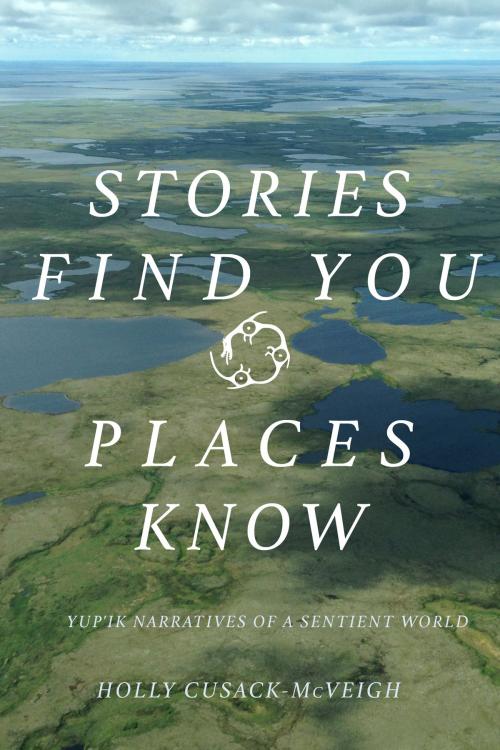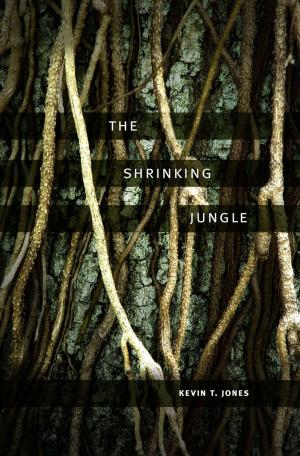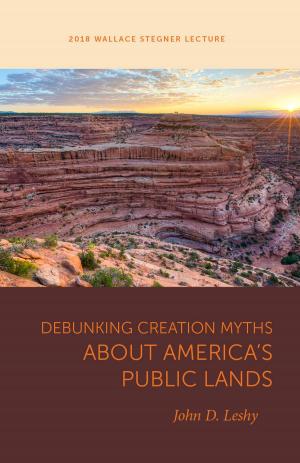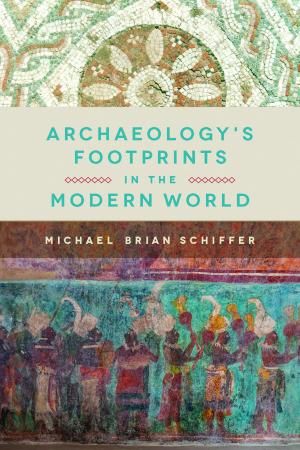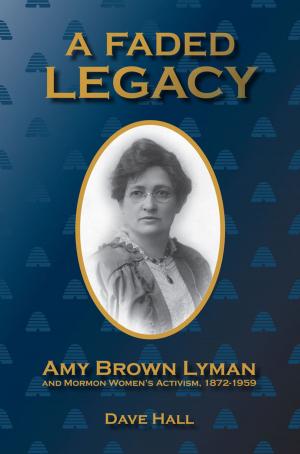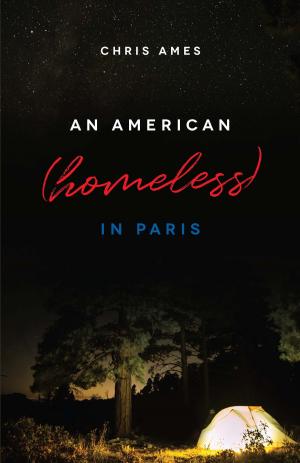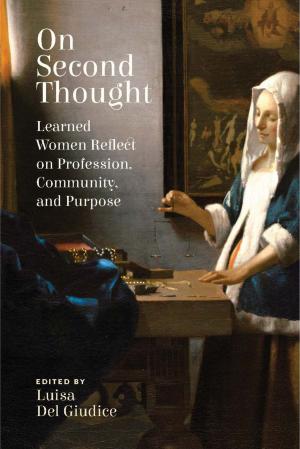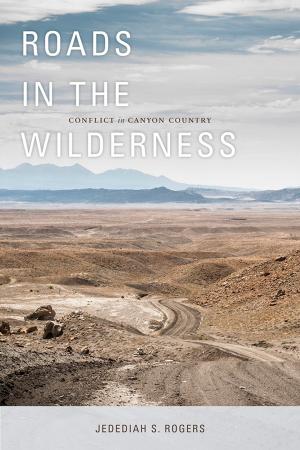Stories Find You, Places Know
Yup'ik Narratives of a Sentient World
Nonfiction, Social & Cultural Studies, Social Science, Cultural Studies| Author: | Holly Cusack-McVeigh | ISBN: | 9781607815839 |
| Publisher: | University of Utah Press | Publication: | December 1, 2017 |
| Imprint: | University of Utah Press | Language: | English |
| Author: | Holly Cusack-McVeigh |
| ISBN: | 9781607815839 |
| Publisher: | University of Utah Press |
| Publication: | December 1, 2017 |
| Imprint: | University of Utah Press |
| Language: | English |
Grounded in existing understandings of Yup’ik cosmology and worldview, this work is the first to look at how a Yup’ik community uses stories of place in social life. On the Bering coast of southwest Alaska, Cusack-McVeigh accompanied storytellers during their daily activities. Hearing many narratives repeatedly over a span of years, she came to understand how stories reflected interactions of people and places.
For the Yup’ik people, places are also social actors that react to human actions and emotions. Stories tell how people learn about each other through encounters on the land, and thereby places also learn about people. Places comment on human behavior through the land's responses to specific actions. Stories variously reveal ideas about human associations and relationships between humans and nonhuman beings. Pointing to a systematic correlation between places and narrative elements that has not been previously explored, this volume makes a unique contribution to the literature on place.
Winner of the Brian McConnell Book Award from the International Society for Contemporary Legend Research.
Grounded in existing understandings of Yup’ik cosmology and worldview, this work is the first to look at how a Yup’ik community uses stories of place in social life. On the Bering coast of southwest Alaska, Cusack-McVeigh accompanied storytellers during their daily activities. Hearing many narratives repeatedly over a span of years, she came to understand how stories reflected interactions of people and places.
For the Yup’ik people, places are also social actors that react to human actions and emotions. Stories tell how people learn about each other through encounters on the land, and thereby places also learn about people. Places comment on human behavior through the land's responses to specific actions. Stories variously reveal ideas about human associations and relationships between humans and nonhuman beings. Pointing to a systematic correlation between places and narrative elements that has not been previously explored, this volume makes a unique contribution to the literature on place.
Winner of the Brian McConnell Book Award from the International Society for Contemporary Legend Research.
